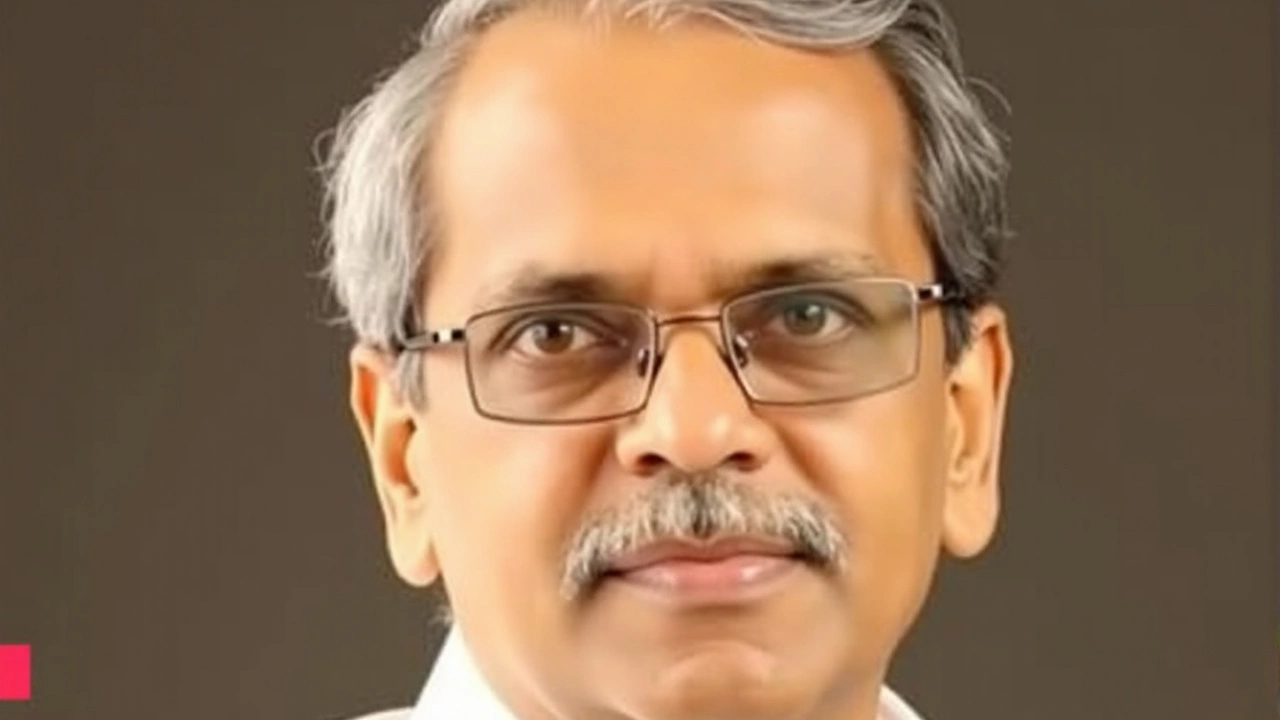SC/ST Act: Simple Guide to India’s Anti‑Discrimination Law
Ever wondered what the SC/ST Act actually does? It’s a law that protects people from the Scheduled Castes and Scheduled Tribes against discrimination, hate and violence. The government introduced it back in 1989 after a long fight for equality, and it’s still the main tool to keep the playing field fair.
Key features you should know
The Act makes it illegal to treat anyone differently in schools, jobs, housing or public places just because they belong to a Scheduled Caste or Tribe. If someone faces an insult, a denial of service or even physical harm, they can file a complaint with the local police or a special tribunal.
One of the strongest parts of the law is the “special courts” that fast‑track cases. These courts can hand out fines, imprisonment up to three years, or both, depending on how serious the offense is. The Act also says that if a crime is committed against a SC/ST person, the punishment can be harsher than for the same crime against others.
Another important point is the “prevention of atrocity” clause. It covers things like forcing someone to leave a neighborhood, making them do menial work, or denying them a burial site. Even using derogatory language can be punished, which helps curb everyday bias.
How the SC/ST Act impacts daily life
For students, the law means schools must treat every child the same. If a classmate or teacher discriminates, the school is required to act quickly. Same goes for workplaces – employers can’t refuse to hire or promote someone because of their caste or tribe.
In public services like transport, hospitals and banks, the Act forces staff to offer the same level of service to everyone. If you ever feel you’ve been turned away or spoken to disrespectfully, you have the right to report it.
Many NGOs and community groups use the SC/ST Act to push for better education and job opportunities for marginalized groups. Knowing the law helps you support friends or family who might face unfair treatment.
Recent updates have expanded the definition of “atrocity” and lowered the threshold for filing a complaint, making it easier for victims to get justice. However, critics say the law can be misused, so it’s important to understand both your rights and responsibilities.
If you need to file a complaint, start by writing down what happened, when, and who was involved. Take any evidence – messages, photos, witness names – and go to the nearest police station. Ask for a FIR (First Information Report) and ask for a copy. You can also approach a District Commission or a special tribunal. Many legal aid NGOs offer free help, and some schools, like Chennai School of Music & Arts, have counselors who can guide you through the process.
Bottom line: The SC/ST Act is there to protect equality and give a legal voice to those who have been left out for too long. Whether you’re a student, a worker, or just a citizen, knowing the basics can help you stand up for fairness in everyday situations.
IndiGo Trainee Pilot Alleges Casteist Abuse by Senior Colleagues, Sparks Debate on Workplace Discrimination
A trainee pilot at IndiGo Airlines has accused senior colleagues of making casteist remarks and subjecting him to discrimination. The pilot, belonging to the Adi Dravida community, filed a police complaint after claiming internal complaints were ignored. IndiGo denies the allegations but faces public scrutiny as the investigation continues.
VIEW MOREInfosys Co-Founder Kris Gopalakrishnan and Former IISc Director Face Legal Action under SC/ST Act
Infosys co-founder Kris Gopalakrishnan and former IISc Director Balaram are among 18 individuals charged under the SC/ST Prevention of Atrocities Act following a complaint by tribal member Sanna Durgappa. Durgappa alleged caste discrimination and wrongful dismissal from IISc over false harassment claims. The case centers on allegations of systemic bias against SC/ST community members at prominent academic institutions.
VIEW MORE
